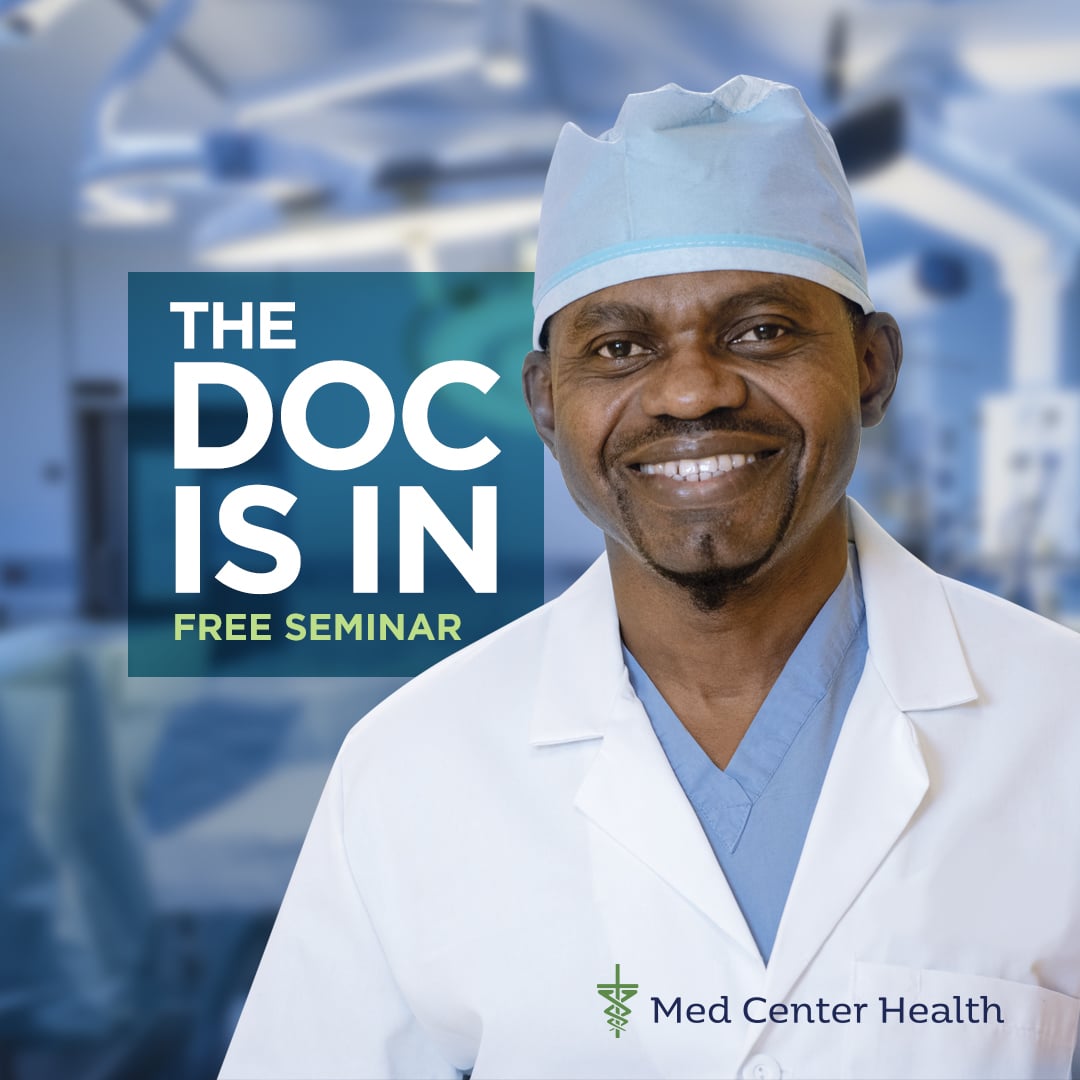Frequently Asked Questions
If you are thinking about improving your health with surgical weight loss, you may have several questions. If you can’t find the answer below, consider attending a free Surgical Weight Loss Seminar. You may also call us at 270-796-6333.
What to expect from surgical weight loss
When you take control of your weight through surgical weight loss, you take control of so much more – diabetes will improve or may be cured, your blood pressure and cholesterol improve. You have less pain in your joints, and you feel better. When you feel better, you are happier and better able to participate in daily activities. Your life can completely change.
What is The Medical Center Surgical Weight Loss Program?
Medical Center Surgical Weight Loss Program is a multi-disciplinary approach to life-changing weight loss. The program includes nutritional and mental health counseling as well as guidance on making lifestyle changes that will create a successful outcome.
Medical Center Surgical Weight Loss Program has achieved accreditation as a Center of Excellence in Metabolic and Bariatric Surgery by Surgical Review Corporation (SRC). Dr. Nwanguma has been recognized by the SRC with the Master Surgeon in Metabolic and Bariatric Surgery Accreditation.
How do you measure obesity?
Body Mass Index (BMI) is used as a measure of body fat in adults based on height and weight. Normal BMI is 18.5-24.9; overweight is 25-29.9 and obesity is a BMI of 30 or greater.
Why should I be concerned if I am obese?
Obesity may lead to several serious health issues, including high blood pressure, diabetes, arthritis, infertility, reflux and depression.
What types of bariatric surgery are done at The Medical Center?
Most patients undergo the Gastric Sleeve procedure. This is where 85 percent of the stomach is removed, converting it into a thin, narrow “sleeve” that holds less food and results in less appetite. Laparoscopic Roux-en-Y Gastric Bypass is used primarily for those patients diagnosed with Barrett’s Esophagus, a precancerous condition of the lower esophagus. Roux-en-Y Gastric Bypass divides the stomach to make a small reservoir pouch for food at the upper end of the stomach. The pouch has a capacity of about one ounce of food. It is connected to the small intestine. Therefore, food bypasses the larger portion of the stomach and patients experience a decreased appetite.
Do I qualify for bariatric surgery?
You may qualify for bariatric surgery if you are 75 or more pounds overweight and/or have a BMI greater than 35.
Will my insurance cover bariatric surgery?
Most insurance companies cover bariatric surgery but have different requirements. For instance, some insurance policies require patients to undergo medical weight loss treatment for 6 months before surgery while others may only require a month. Our staff help each patient understand the requirements of their individual insurance policies.
What are the risks of bariatric surgery?
Bariatric surgery, like any other surgery, carries risks. However, with advances made in medicine, bariatric surgery is no riskier than any other general surgery involving the belly area. It is safe and patients generally recover very well. Our surgery staff are highly trained and thousands of procedures have been safely performed at The Medical Center.


